I have been renting booth spaces on and off for 7 years now, and have held my space at ACM for the past several years.
During that time, I have learned many things through my experience that I think would be helpful to share.
So I’ve compiled a list of 4 questions to ask yourself if you are an aspiring antique mall dealer.
These questions will help avoid some hefty business mistakes PLUS steer clear of feeling like you are in over your head.
Take time to work through them, and you’ll have a strong start (or re-start) to your antique booth side hustle!
1. Money?
I started my first small booth space with an investment of $150, which covered my first month’s rent and a small amount of inventory.
I was able to supplement my initial inventory with lots of things I had stored around my home.
Within two months, I had enough sales to get back my initial investment, and enough sales from then out to cover my $60 rent each month and have a little extra to buy more inventory.
When I had excess at the end of the month, I put it into savings.
After one year I had $500 saved.
When I moved into my larger spot downstairs, all of that $500 went into my first month’s rent and more inventory for my much larger space.
My rent increased more than 4 fold, and so the amount of money it took to run the space also increased drastically.
Thankfully, to date, I have always had high enough sales to pay each month’s rent and set a little back.
Some months there is a lot more after rent and buying more inventory, some months there’s very little.
My point is this–becoming and antique dealer and starting a booth takes $$, and the larger the space, the greater the investment.
My initial $150 investment was money I had saved in the bank, not from a loan or put on a credit card.
I would highly recommend that you avoid going into any sort of debt to start this business.
If you don’t have much capital saved, then start with a very small space.
As you make more money, you can consider moving to a larger space once you have more investment capital.
Starting out with a debt to pay off will quickly rob you of any joy in the business.
If considering renting a space, begin setting back some inventory and investment money now so that you can start your business debt-free.
2. Time?
The time I spend investing in my booth spaces changes each week, anywhere from 1-2 hours to 12-15.
And it usually means cleaning, prepping, and tagging my inventory, going to estate and garage sales, my furniture refinishing projects, and arranging my inventory in my space.
I also go to 2 regular flea markets each month, one of which is an all-day event.
If you are like me and have young children at home, you need to take into account how much they are capable of coming along and doing with you.
My kids can do garage sales with me, but most estate sales ask that you not bring children.
I love my kids dearly, but, well . . . they’re kids, and they really don’t do well going up to the mall with me to arrange my inventory.
Your children may be different than mine, but I can’t concentrate on thoughtfully displaying my products when my 3 are throwing cheerios on the floor and trying to “see” every breakable item around them.
So if you’re considering becoming an antique dealer, it’s good to consider if you have time available, without your children, during the days to do your booth arranging work.
Also, is there enough other time in your week to do the legwork of hunting for and preparing your inventory?
Speaking of that inventory . . . that’s my #3.
3. Inventory?
Becoming an antique dealer means different things to different people.
There is no shortage of things we would call “antique.”
So you’ll have to narrow it down a little.
- What do you want to sell?
- High-end antique furnishings? Or rusty junk?
- Just furniture? Or no furniture?
What you want to sell factors in to where you decide to rent. Selling high-end antiques require a high-end mall.
I am more of a “Vin-tiques” seller, so my items do well in my mid-range mall that houses lots of decorative dealers.
What you want to sell factors in to where you decide to rent.
If you are planning on selling only furniture, I would say an antique booth may not be the right space for you.
Furniture sells, but not at an aggressive rate. I typically sell 1-2 pieces a month.
If you only sell furniture, I would estimate you would need to sell 3-4 pieces a month to cover your rent and costs for an average space.
Ask yourself, can you produce that much furniture each month? I supplement my furniture sales with a steady diet of “smalls” . . .
like sterling-plate silver, and my book bundles . . .
small art and decorative containers,
along with plates, mirrors, and vintage tins.
In my experience, success in an antique mall booth requires stocking a wide range of items.
If you only want to sell furniture, consider other options, like Etsy, Facebook groups, or Craigslist.
They may be a better, more profitable, fit.
4. Transportation?
Becoming an antique dealer means there will be a lot of junk being hauled around, so having a vehicle with large carrying capacity is a must.
If you have a very small space, you can get away with a smaller car, maybe borrowing the occasional truck from a friend.
If you have a larger space though, a truck, trailer, or at least van is absolutely necessary.
Until recently, I have done all my hauling in our minivan.
It can hold quite a bit, but it requires me taking out the kids’ carseats and laying down or removing all of the back seats.
It’s quite a pain, and I was getting our family car really dirty. So, we invested in a work truck specifically for this business.
Think through your available vehicles, will they withstand the amount of hauling you are about to attempt?
Are you in a position to purchase a more suitable vehicle, remember, without going into debt?
I hope I gave you enough information there to chew on . . . Like I said in my earlier post, becoming an antique dealer can be a great business, but it’s not for everyone.
If you are considering taking the plunge, then make sure have these questions answered as best you can before you jump in.
Best of luck!

Linking up to:
Tutorial Tuesday, Whatever Goes Wednesday, Be Inspired @ Common Ground,
Want to take your antique booth business to the next level?
Consider joining the next Booth Seller’s Bootcamp.
- 4 weeks of laser-focused content.
- With answers to the questions, you’re already asking.
- With like-minded people who “get what you do.”
Come check it out!

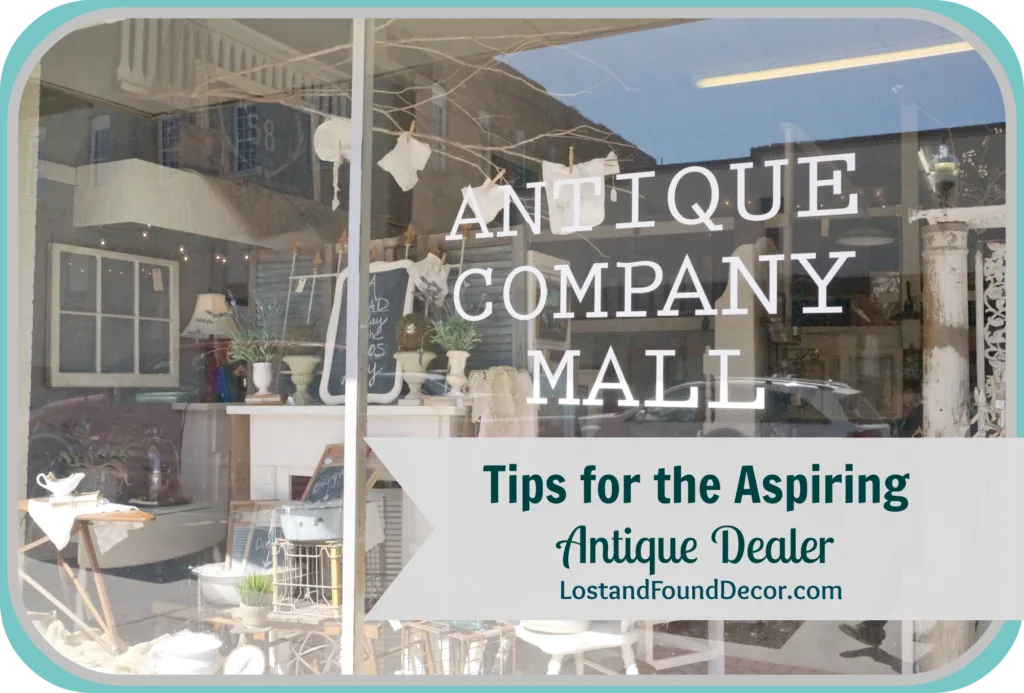
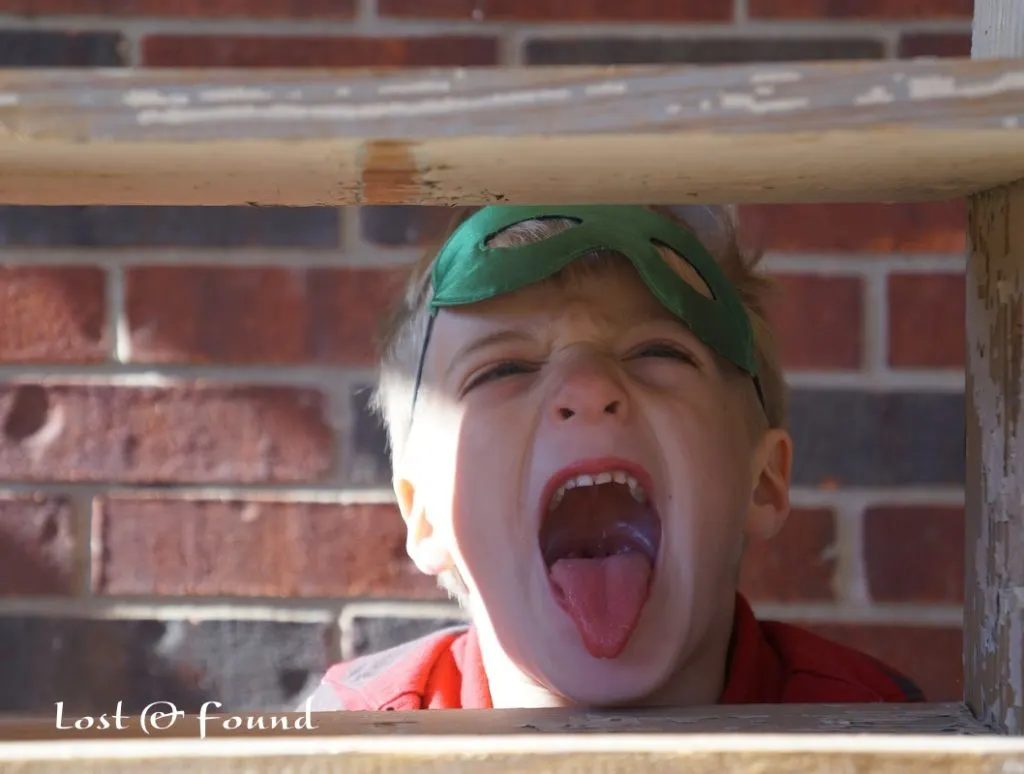
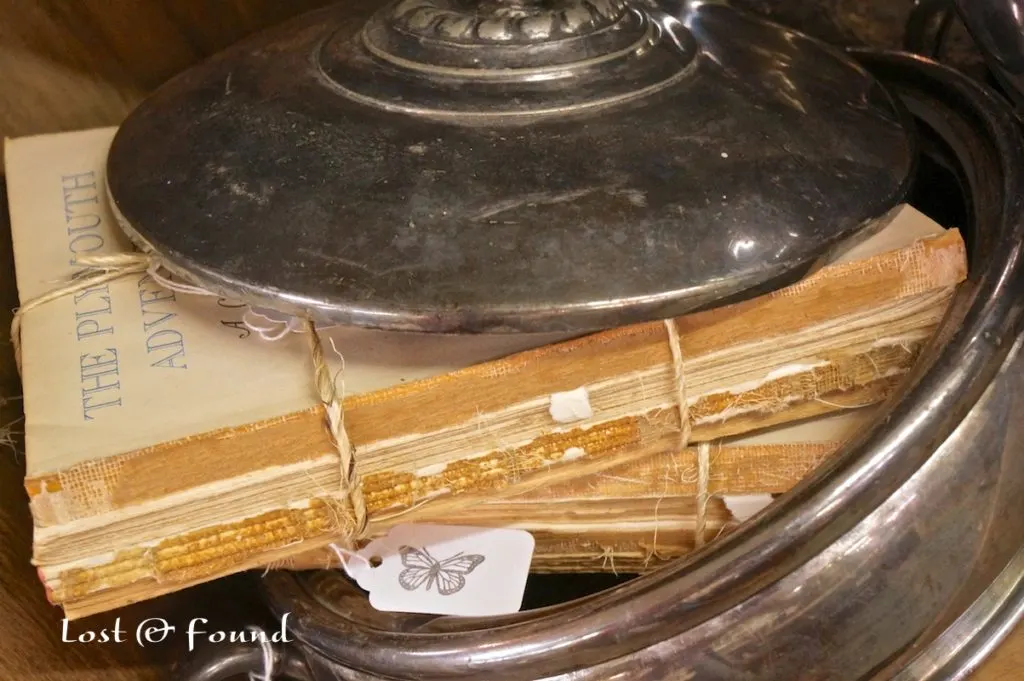
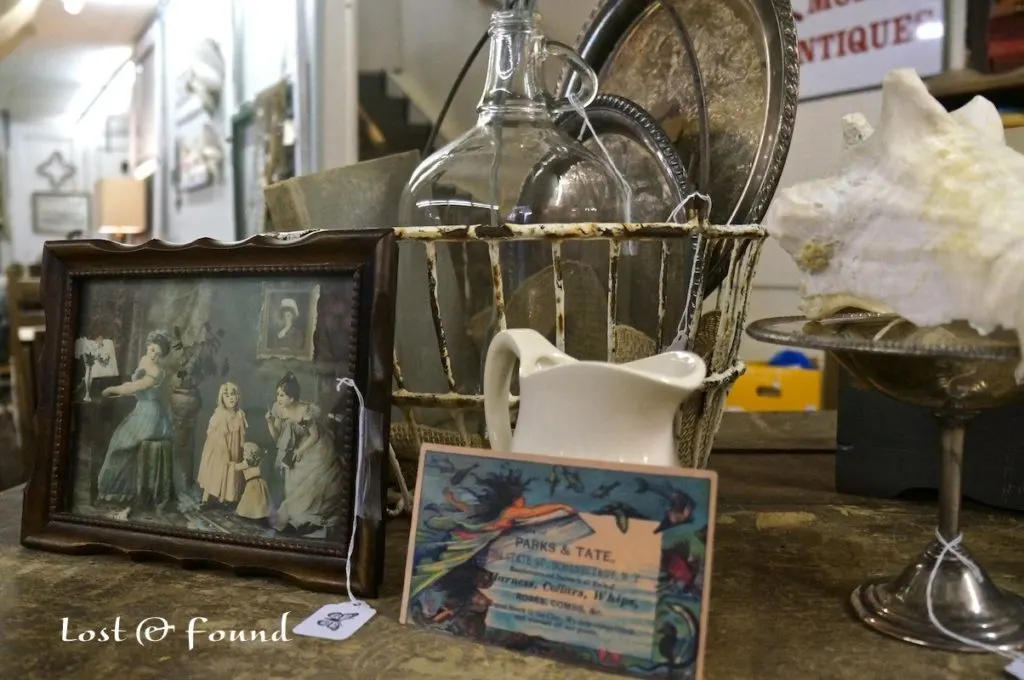
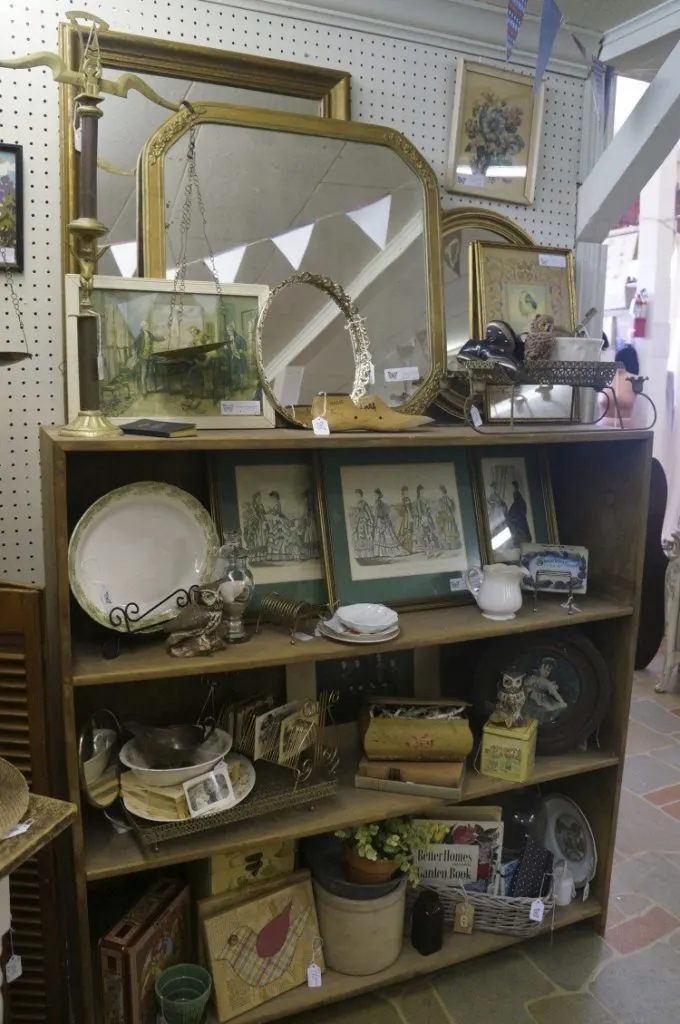
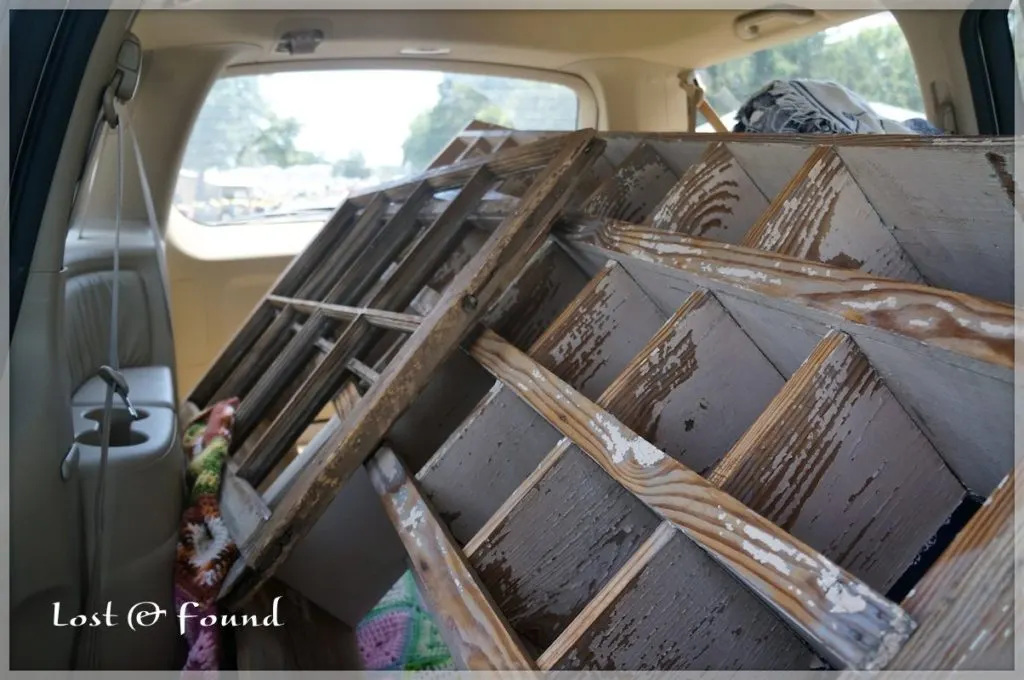

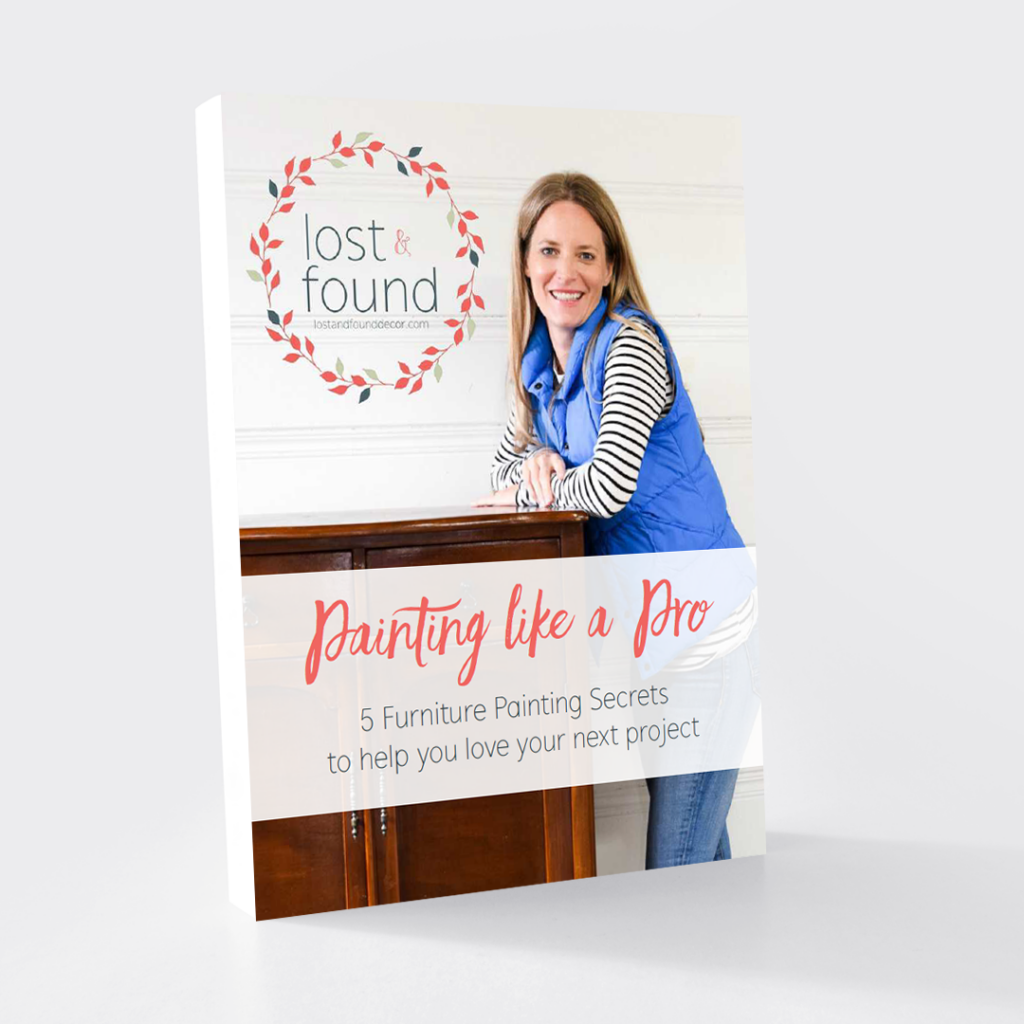
Valarie
Tuesday 28th of February 2023
I love your post!! How do you research items to price them?
Melanie Alexander
Tuesday 28th of February 2023
Thanks Valerie! I look online, and also at what local prices seem to be. Then I ask myself, "What would I pay for this?" as a lot of prices are subjective :)
Can You Make Money Selling at an Antique Mall | L&F
Tuesday 26th of July 2016
[…] Tips for the Aspiring Antique Dealer […]
Shannon Zoellner-Cavin
Sunday 5th of June 2016
Hi, this will sound like a total newbie question, but for someone who likes to thrift and garage sale, but has never owned her own business, how does the whole business license and paying taxes work for something like a booth business when a lot of times inventory would come without an actual receipt for filing purposes? Thanks, Shannon
Jenn
Tuesday 29th of March 2016
I just signed a lease yesterday with an antique mall and I start in a month. It's a tiny tiny space, 29x15 INCHES, enough for one small piece of furniture and whatever I can fit on top and on the wall. At first, I thought it might be too small a space but then I realized that it's right by the checkout counter and $20/month. For someone starting out, I don't think I could've lucked out with a better space, which I think is important for newbies.
Even before this venture, my lifestyle already permitted the money/time for hunting for treasures. I generally work a job, save some money, and then take a few years off doing my own thing, and now I couldn't be more thrilled that I can combine the two together. The only thing I'm nervous about is displaying jewelry without a case.
Thanks for the advice!
blixamix.blogspot.ca
Jocelyn Batdorf
Monday 15th of February 2016
Thank you for the great information, I am considering this seriously and your experienced view helps alot!
Melanie
Monday 15th of February 2016
You're welcome Jocelyn!